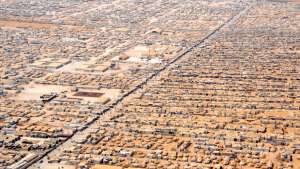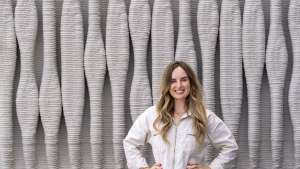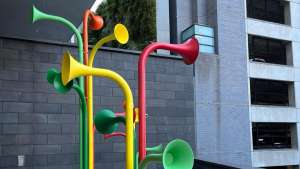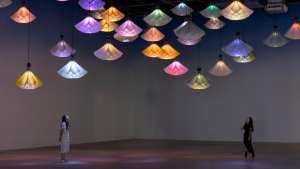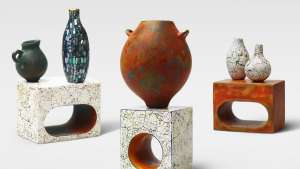From the Series
The number of problems in the world can sometimes be overwhelming, especially to a young student who wants to help make a change.
Three industrial design students were faced with this problem when looking for a project to enter into this year’s RSA Student Design Award. Run annually by the RSA since 1924, the SDA is the world’s longest running student design competition for emerging designers across the globe to tackle real-world issues.
The students from the Instituto Tecnologico de Estudios Superiores de Monterrey in Puebla, Mexico looked to the UN for help find a humanitarian problem they could tackle. They went through different UN material on problems that need to be addressed this century and settled on the refugee crisis; the Syrian refugee crisis to be specific.
Syria was plunged into a conflict in March 2011 which has left thousands of people dead and resulted in over 5 million refugees, many of whom are children.
“Our research also led us to research the plight of Syria, and the many problems Syrians are facing every day, from poverty, lack of water, lack of food and nutrients to lack of healthcare etc. It was evident that here was an issue in desperate need of a solution,” said Bini, one of the students. Their product, RISE is an intelligent carpet which can be used to grow food in refugee camps to not only feed people but hopefully help them restart their lives economically.
“We designed a variety of products initially, none of which were quite right. But the benefit of working in a team is collective thinking and combining ideas. In the end, we found a way to put aspects of each of our initial designs to create a unique textile, which became RISE,” Bini added.
The design is specific for use in non-fertile humanitarian crisis regions like ones where Syrian refugees would be found. It is also made from 100 per cent biodegradable materials and relies on human urine for watering.
“The RSA Student Design Awards and the project we developed has changed our way of thinking about design and has taught us that design can be a valuable tool for humanitarian aid, and to help reshape our world. We are now certain that we want to use our skills to address social issues. The RSA Student Design Award is our first design award. It is both unreal and beyond amazing to receive recognition for our work. We are planning to see if any organisations are interested in supporting us to further develop RISE so that we can make it a reality that will be able to positively affect the lives of refugees.”

